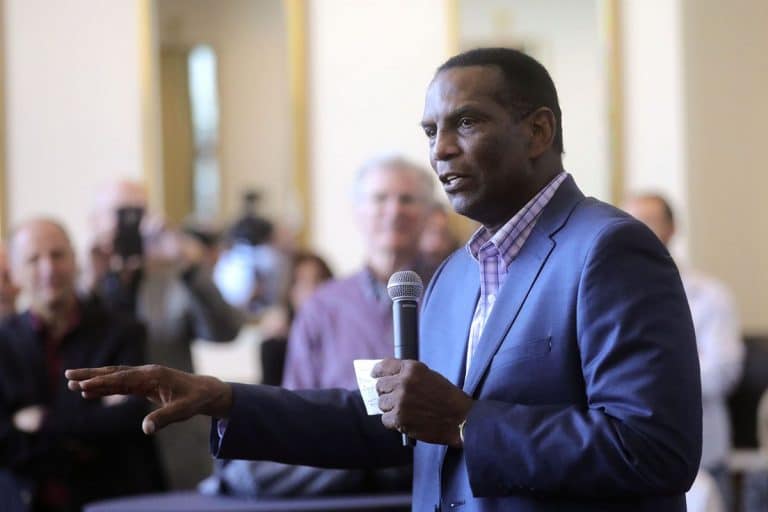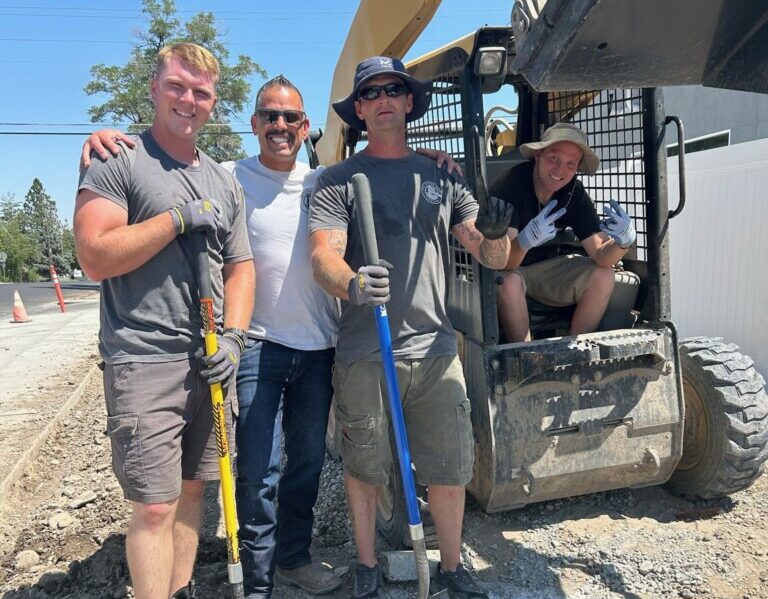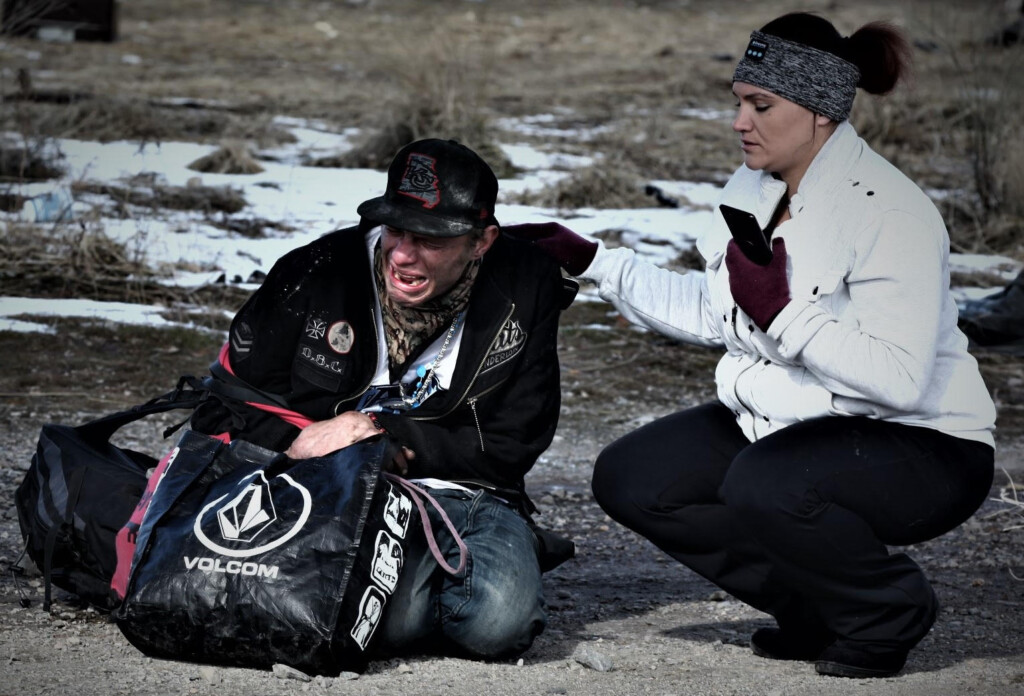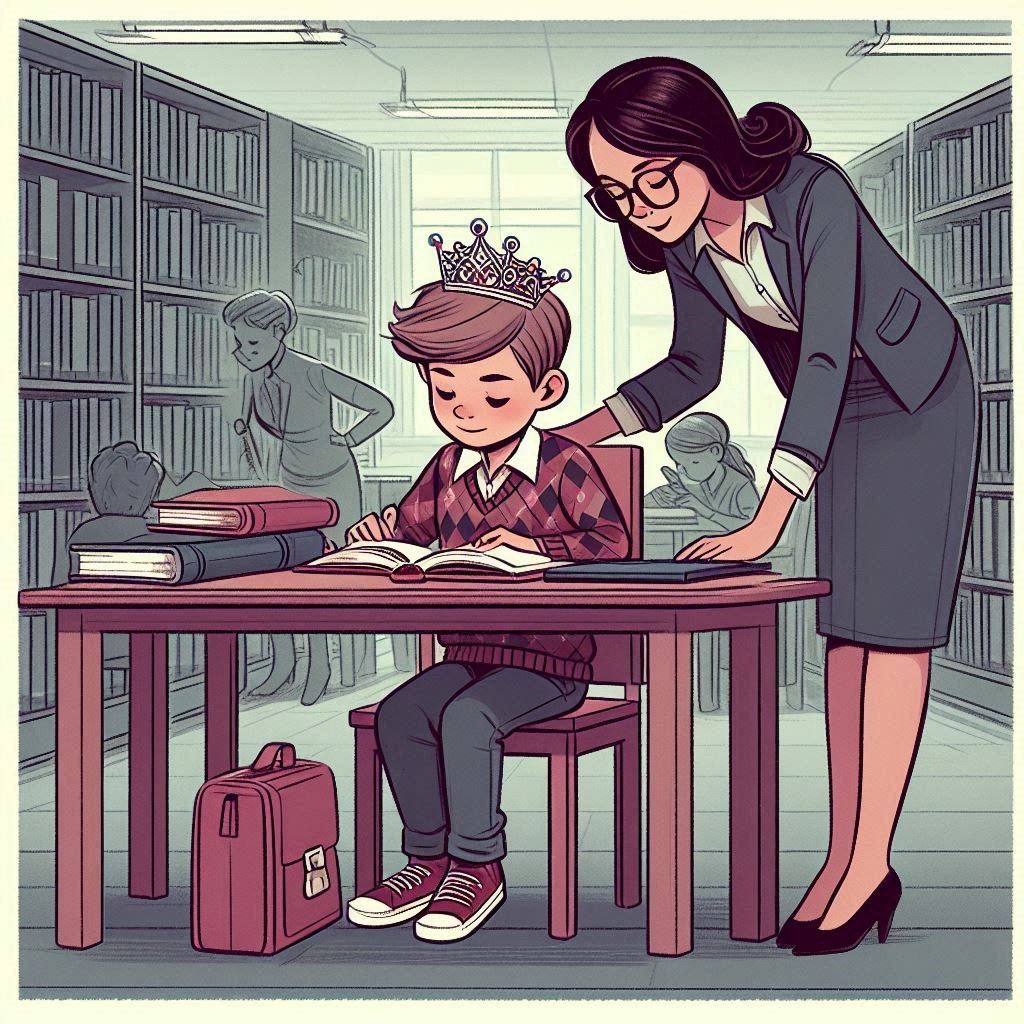
Burgess Owens is taking the lead over Ben McAdams in the very tight race for McAdams reelection. Utah’s fourth congressional district was taken by McAdams after he defeated two-term Congresswoman Mia Love, which he won by just seven hundred votes four years ago. It took two weeks after that election was finally called for McAdams.
McAdams is the only Democrat serving Utah at a national level in Congress.
Utah is one of the most conservative, Republican states in the country. McAdams was formerly the Mayor of Salt Lake County he vacated that seat after he won the seat four years ago.
Burgess Ownes is a former NFL star, he is a frequent guest on Fox News, his connections with Utah don’t run as deep as McAdams’.
The campaign against McAdams by Owens focused on how McAdams would give Nancy Pelosi more power to assert her will. And McAdams campaign against Owens focused on his declaring bankruptcy and the alleged poor finances and filings of Owens non-profit group Second Chance For Youth, which he became the CEO of in 2019.
According to the Salt Lake Tribune, more than $22 million has been spent on the race, much of the money has originated from outside groups.
Owens’ ties with Utah are from the early nineties when he came to Orem, Utah to take a job at WordPerfect. Owens later worked at Motorola and other telecom companies. Owens says that realized that he was a Republican, and had always thought like one after his NFL career and after he had declared bankruptcy and had to become a chimney sweep to support his family.





